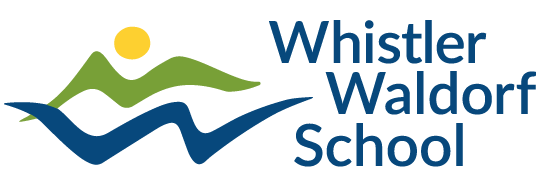| “Educating the mind without educating the heart is no education at all.”
Aristotle, Greek Philosopher & Polymath |
Mindfulness and Reflection in Waldorf Education
The Association of Waldorf Schools of North America (AWSNA) mandates that each school that carries the Waldorf name engage in a regular process of self-reflection, in relation to the principles that guides Waldorf Education.
This year the Faculty, Board, and PAC are to study three of the seven principles and ask the questions, “How is this principle reflected in our school?”, “Where do we innovate?”, “Where do we shine?” and “Where do we face challenges?”
In the last few weeks, the faculty have begun reflecting on Principle 5: The conscious development of human relationships fosters individual and community health.
Below are some reflections from our teachers. I’m touched by their honesty and their commitment to continue to develop themselves and our school:
- Fostering relationships within the school community, parents, students and colleagues, is vital to the health of the school. It takes time to create these trusting relationships.
- Recognition that vulnerability lives within interdependence.
- There are three aspects of relationships: maintaining healthy relationships, deepening relationships, fostering new/challenging relationships.
- Seeking to understand; asking more questions of parents to gain insight from their perspectives.
- Our area for further focus is in building truly collaborative relationships with the parents and broader community.
In both philosophy and practice, the focus of the AWSNA accreditation process is on the development and nurturing of excellence, helping the school assess its strengths and weaknesses, and helping the school confirm the validity of its priorities and planning for growth. I look forward to working with the Board and Parent Action Committee, as we move towards further connection and reflection in the coming year.
Wishing you my best this holiday season.
With gratitude,
Rubeena Sandhu, Head of School

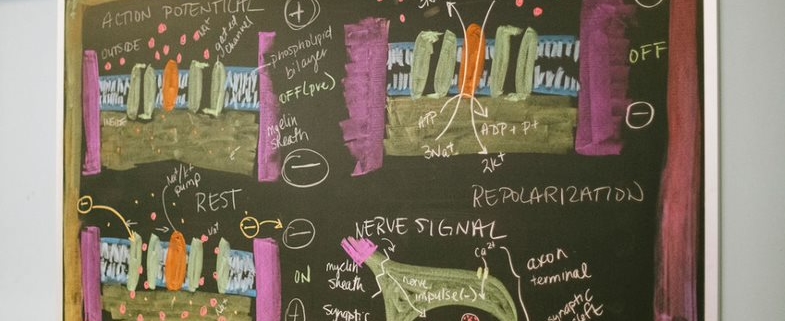
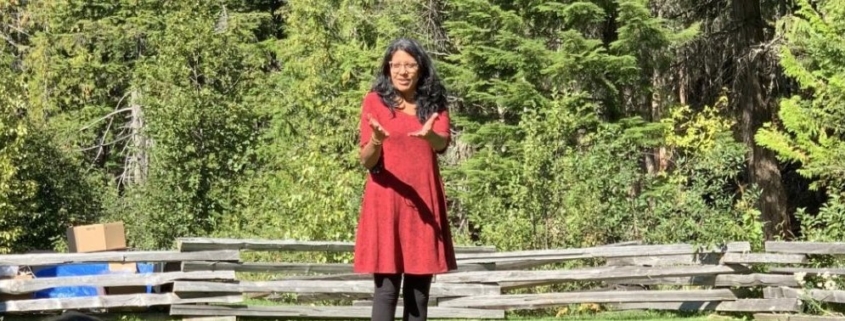
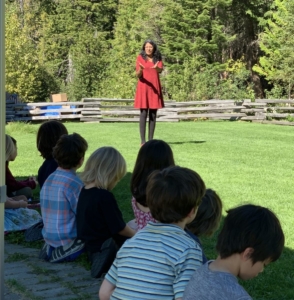
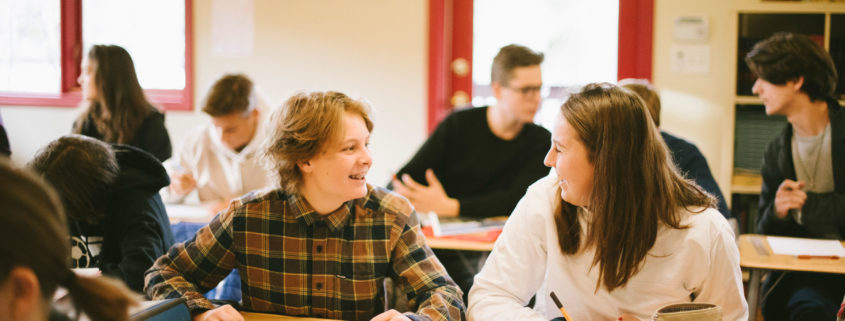
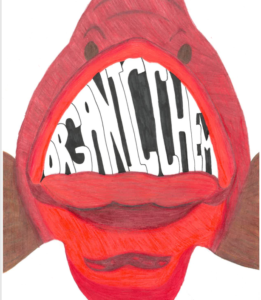
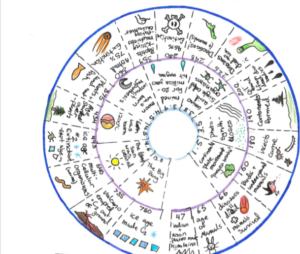

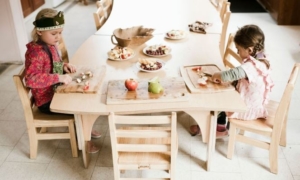 Children are encouraged to share, to work together, to care for each other and to respect the needs of others.
Children are encouraged to share, to work together, to care for each other and to respect the needs of others. 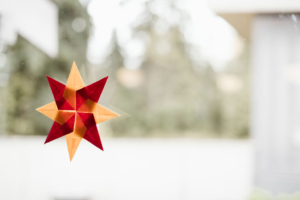 “We can say ‘Peace on Earth.’ We can sing about it, preach about it or pray about it, but if we have not internalized the mythology to make it happen inside us, then it will not be.”
“We can say ‘Peace on Earth.’ We can sing about it, preach about it or pray about it, but if we have not internalized the mythology to make it happen inside us, then it will not be.”


